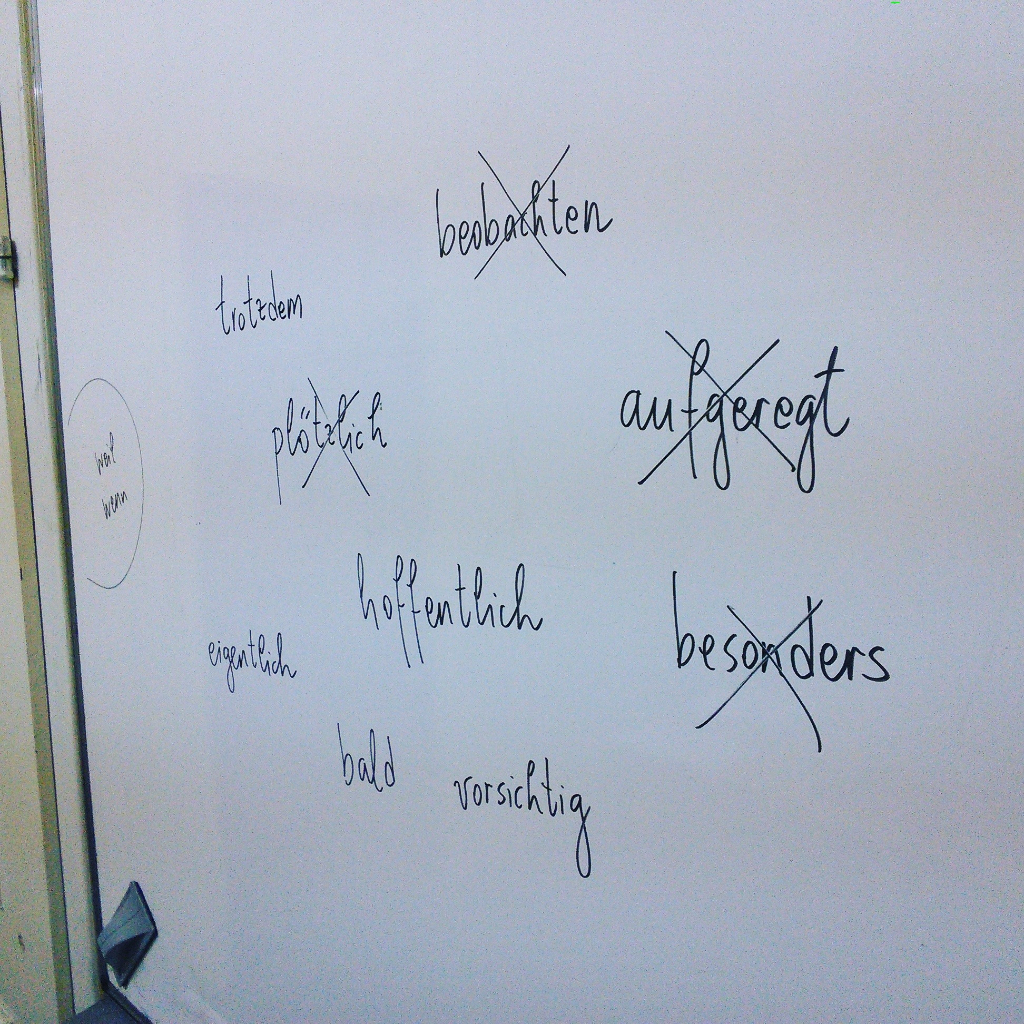Learning foreign languages through social media
Spice up your classes with “Real-Life-Tasks”
Host: Dr. Elke Lackner, Akademie fuer neue Medien und Wissenstransfer, University of Graz
Webinar held on April 19, 2016
Organized by: Daf Lehrer online (group on Facebook)
– Social media should be used as a tool not as a purpose
– How do we learn: 10 % through the formal material provided in classes; 70 % through interaction with other people; 20 % in informal learning contexts
– “Real-Life-tasks” means that you have the students speak and write in real contexts, in the real world, outside the class room. You give them a task and its product can be accessible for real people in the outside world. The students will need to think independently, choose their audience, speak and write as clear as possible and learn actively. They’re going to love it!
– Students could use any possible social media network (Instagram, Youtube, Skype, Twitter etc.) write blogs or make vlogs (video blogs). Give them a task and let them choose the social network that they prefer.
– Example tasks: cooking recipes (actually instructions with photos on how you could cook a delicious dish, for example, a national dish), book reviews, film reviews, history (write about the life of the local famous people), journal, diary, fashion, lifestyle, healthy food, where you can bye the best food/clothes, detective-story where everyone can participate and once a week each person could write one part of the story, you can even vote on how the story should go further; weather forecast; anything that can be interesting for your students.
– Example for a book-blog: Kossis Welt
– The result doesn’t have to be ‘perfect’. Your students (including you, because you also need to familiarise yourself with the technical part of the story) can only get better.
– You can even use some other social networks that are more common in schools: Padlet, Microsoft Office Publisher etc. Here is a YouTube guide on how you could use Padlet. In order to write blogs, your students could use Kidblog . If you yourself would like to write blog, you could try Blogger. For instructions on how to use Blogger click here.





